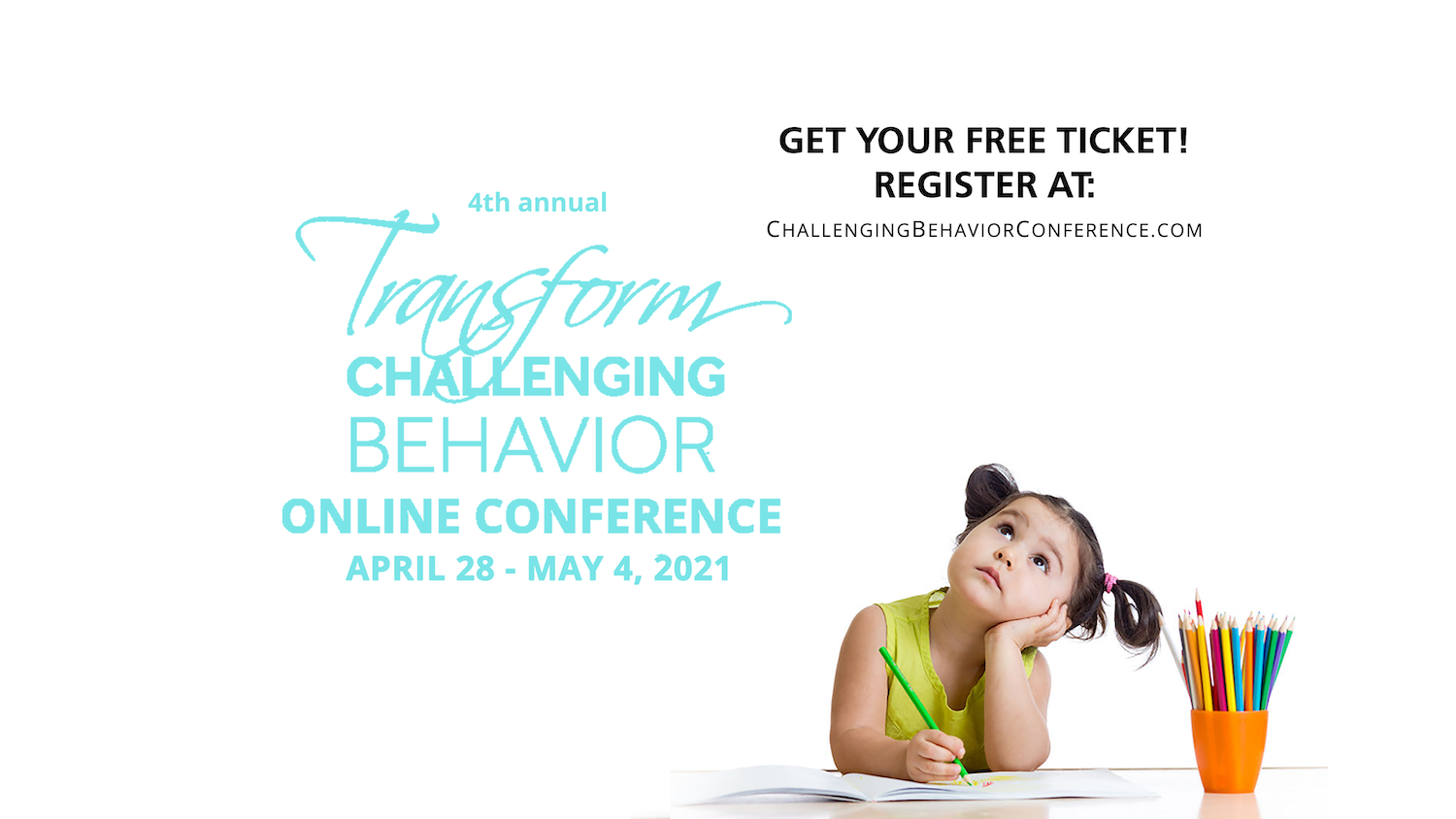by Barb O’Neill
Conference Creator, Host and Interviewer
(NOTE: this is a numbered list but the order is random, not based on order of importance).
I started sharing the 10 things in a separate post but it was getting LONG so I decided to split it up (let’s face it even I have a short attention span and even when I am writing about my favorite things). Read 1-5 from the list here: transformchallengingbehavior.com/blog/10things
6. You can give your art materials a name like “Mr. Glue” and then use a little story to teach children how to use glue in ways that keep Mr. Glue safe (and that don’t result in squeezing out the whole bottle on the first go).
Hats off to Sally Haughey for turning little lessons in to magic moments infused with play. I could not love her Ms. Sharpie and Mr. Glue suggestions more! If you have some dollars to spare learn all the tricks in the Wonder Art Workshop book and you won’t be sorry.
quartoknows.com/books/9781631597732/Wonder-Art-Workshop.html
7. Being “strengths-based” is still deficit thinking.
Wait, what? Oh my gosh Shawn Bryant you kind of blew my mind with this one and sent me reeling. It intuitive made crystal clear sense but somehow simultaneously puzzled me and I haven’t stopped talking about identifying children’s strengths…yet? I’m just going to leave this one here for the rest of you to mull on and I might have to see if Shawn is free for a 2022 TCBOC interview cause maybe we need a whole session unpacking this.
Learn more about Shawn and his work on his website:
teachingexcellencecenter.com/about-us/our-trainers/
And/or follow him on Instagram (I do! He posts great stuff - events, information, food for thought):
8. We need to look at how our early childhood systems promote bias an inequity.
Credit to both Alissa Mwenelupembe and Julie Nicholson (as well as possibly some other speakers) for stressing this in their interviews. Yes, we need to look at how we might inadvertently be biased when we look at behavior in the classroom. Research shows that we are more likely to watch boys and Black boys specifically.
However, we also need to take a systems perspective and look at policies and program-wide practices. Directors and other Leaders I’m especially looking at you, but we can alll work to do our part in recognizing bias and creating more equitable systems.
9. 80% of the sentences that we say to children are commands.
Yikes. That can’t be good right? We have Teacher Tom to thank for bringing this one to our attention.
Things like “Come here, please.” counts. It’s not the worst thing we could say to the class or the kids but if 80% of what we say day after day, week after week is a command then what exactly are we “teaching” or doing to support young children’s development?
Instead, we can use informational statements! Tom explains it like this:
“Well, that's what informational statements are. Suddenly, when we start speaking informatively - “You're using red - we're putting this loose part of language out there. The child then has something they can either think about it, engage with it or they can choose not to. Instead of saying something like, "Stop hitting her," which is a command, and then you've given that child… You can say something like, "When you hit her, it hurts." Suddenly, what you've done is you've opened up the space for that child to do their own thinking.”
Learn more on Tom’s blog: teachertomsblog.blogspot.com/2018/05/how-to-talk-to-fully-formed-human-beings.html
10. Early childhood educators dedicated, action-takers who are truly changing lives.
Okay, this one is about you. It’s something each year I’ve hosted the conference (2018, 2019, 2020, 2021)…but with new nuance and appreciation as the years go on.
Each year we have thousands of early childhood professionals who sign up, watch the videos, approach them with an open minded (often on their own unpaid time) and (wait for it)….put some of what they are learning immediately to use!!!!
That last part - the action taking - literally blows my mind each and every year. So many teachers who change their thinking try a new strategy or idea out, and then report to us that they did so!
It’s so incredibly uplifting, hopeful and moving for me. Thank you.
———————————————————-
What do you think: any new information here for you?
A reminder of what you learned at the past conference?
What was the most impactful?
...or, even better, if you participated in the 2021 Transform Challenging Behavior Online Conference tell me in the comments below what some of your take-aways were.
I can’t wait to read your answers!
FREE TCB Online Conference Training Video
Curious to learn more from what the Transform Challenging Behavior Online Conference has to offer?
Watch my 1-hour video interview with Sarah Erdman, author of Trauma and Young Children: Strategies to Support and Empower.
Workbook and 1-hour PD certificate included!



